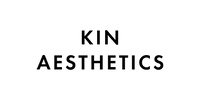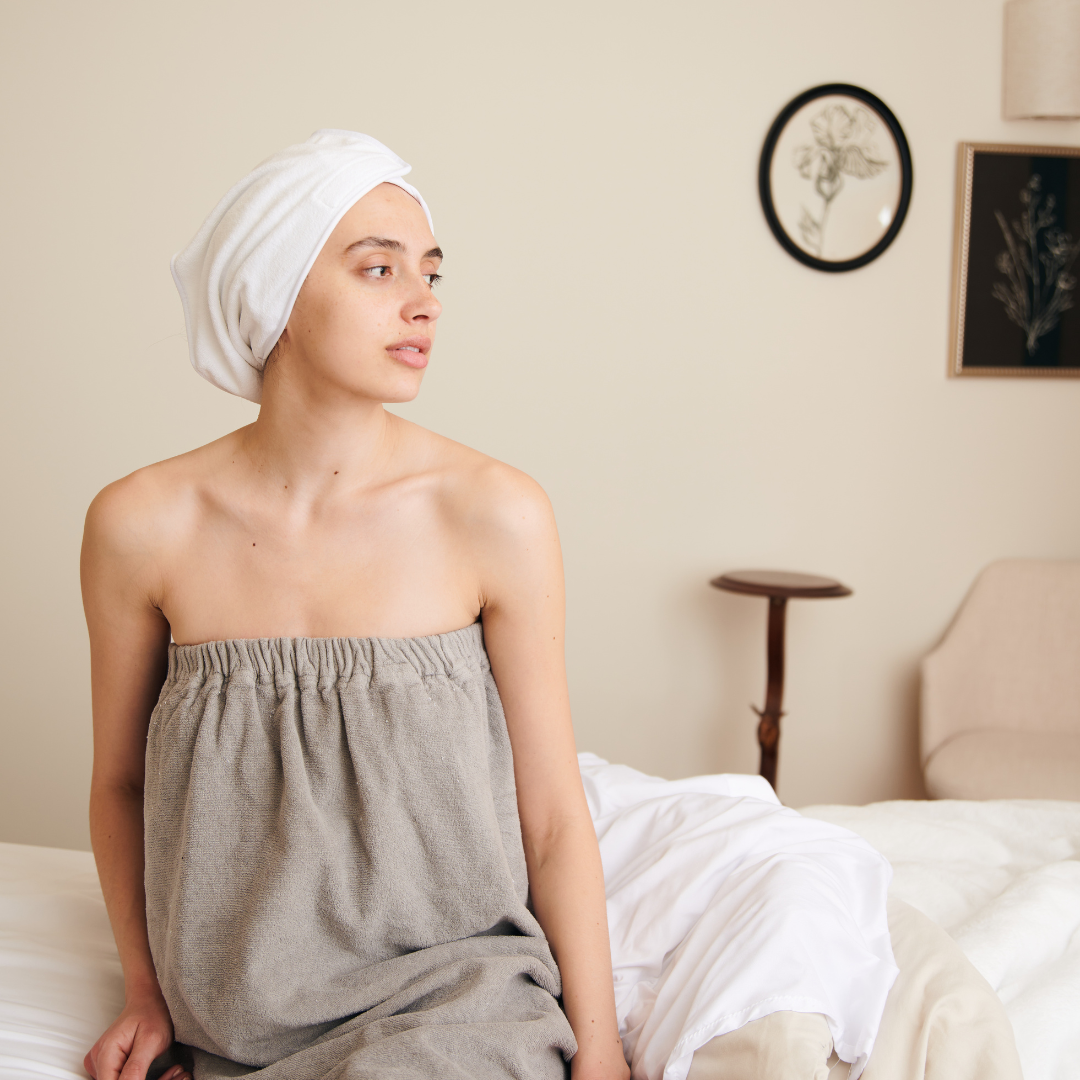What sets us apart from the other estheticians? Maybe it's our location, our continuing education, our philosophy, or maybe it's the care we take during the consultation process which makes our clients feel seen and cared for.
When conducting a skincare consultation, many estheticians stick to the basics: “What’s your skin type?” or “What products are you using?” While these questions are fine, diving deeper into a client’s habits, lifestyle, and preferences can reveal insights that lead to more effective treatments and personalized skincare routines.
Here are 10 overlooked but valuable questions to include in your consultations—and why they matter.
PS: don't feel like you have to ask all of them at once.
1. Is today a good skin day?
Asking clients if they’re having a "good skin day" may seem like a small question, but it holds significant value. It helps us understand our clients’ relationship with their skin, while assessing real-time concerns. For example, a client may struggle with perioral dermatitis but for whatever reason isn't having a flare that day. Perhaps in asking them this simple question they say to you "normally I have this weird rash around my mouth, and it seems to come and go". If we dive a little bit deeper we may be able to help them with this mysterious "rash" by suggesting they refrain from using toothpaste with SLS and Flouride.
2. What are your plans for the rest of the day?
This is so important, and here's why: Lets say your client has booked a Green Sea Peel. At their last appointment you went over what they should expect, and what the aftercare will look like. Your client seems to understand and you know they're generally compliant. But perhaps this one time they tell you they have hot yoga later. Clients don't always connect the dots, and why should they, they aren't the professional. By asking what they have happening the rest of the day you have the ability to mitigate any possible contraindications with aftercare.
3. What do you do for work?
We ask this not to be nosey, but to help understand our client's lifestyle. Sorry to keep using Green Sea Peel as an example, but say you have a client who is a surgeon. You would want to wait to perform a Green Sea Peel during a week of vacation. Wearing a face mask in the operating room would be very uncomfortable not to mention the risk of PIH. This question can also alert us to how stressful a job might be which may directly impact breakouts.
4. What, if any, significant life changes have you experienced over the last year?
Significant life changes can have a direct impact on a client's skin health and overall wellness. Life events such as stress, hormonal shifts, pregnancy, illness, or changes in lifestyle can manifest in the skin, altering its condition or exacerbating existing concerns. Understanding these changes helps us provide personalized care and adjust treatments accordingly.
5. What treatments or procedures have you had in the past? Did you like the results?
This is an essential question to gain insight into a client’s skincare history and preferences. This question helps establish a baseline for what has worked (or hasn’t) in the past, ensuring we can craft a treatment plan tailored to the client’s unique needs.
Here's why it matters: Some treatments might have caused irritation or produced subpar results, which can guide the esthetician in avoiding similar approaches. Also, knowing whether a client enjoyed or disliked certain procedures helps set expectations and ensures they feel comfortable.
6. What's most important to you in todays treatment?
This empowers clients to communicate their immediate needs and priorities, making them feel heard and valued. This question ensures we can tailors the session to meet their expectations, whether they seek visible results, relaxation, or a combination of both.
7. Are you sensitive to fragrance, or are there any smells you do or don't like?
This is vital for creating a comfortable and enjoyable treatment experience. Fragrances play a significant role in their sensory experience. This question helps us tailor the sensory aspects of the treatment to the client’s preferences making it a more enjoyable and memorable (for the right reasons) experience.
8. What type of pressure do you like?
Some clients prefer light, soothing pressure for relaxation, while others may enjoy firmer pressure. Using the wrong level of pressure can detract from the experience or even cause discomfort, especially for clients with sensitivities, muscle tension, or injuries.
9. What's the best facial you've ever had before and what made it that way?
This helps us understand what our client values most in their skincare experiences. This question goes beyond technical preferences, providing insights into the emotional and sensory aspects of a treatment that left a lasting impression, that way we can tap into what was so memorable.
10. Do you have young children and what are their ages?
Here are three reasons this question is important. First, Pregnancy, postpartum, and breastfeeding often trigger hormonal shifts that can lead to conditions like melasma. This lets us know when it's appropriate to start treatments targeting melasma. Second, parenting young children often comes with sleep deprivation, stress, and less time for self-care, all of which can impact the skin’s health and appearance. Third, knowing a client’s stage of life helps you tailor home care routines to address their specific needs, while keeping in mind they might not have much time, or desire, for a lengthy routine.




Comments
Great questions!
Great read! Very insightful. Questions I never Thot to ask.. Thank you!!
What thoughtful questions to really connect deeper with our clients. Thanks for the education.